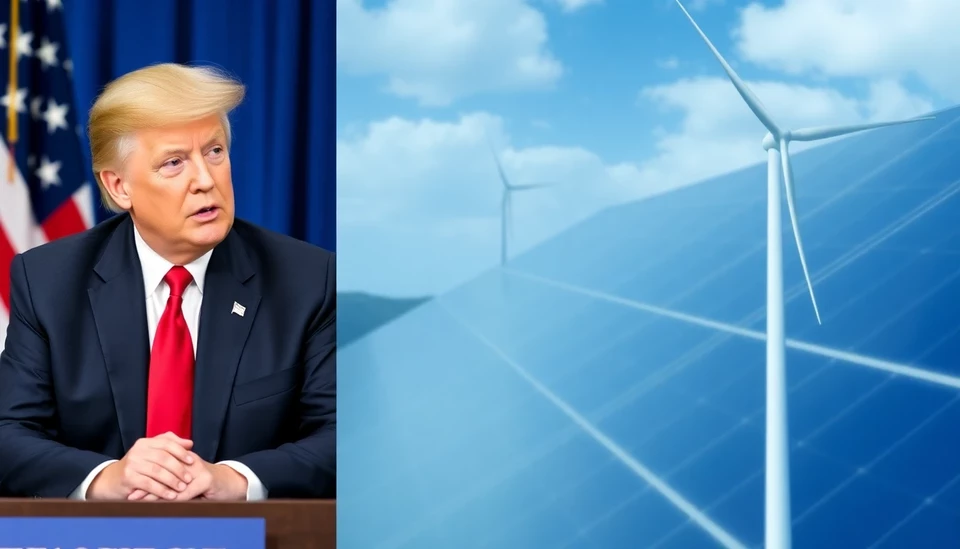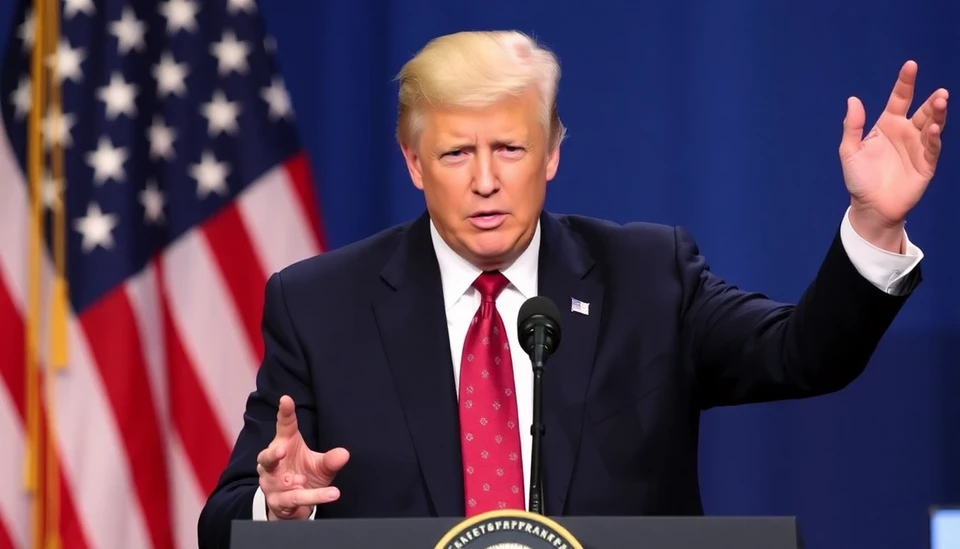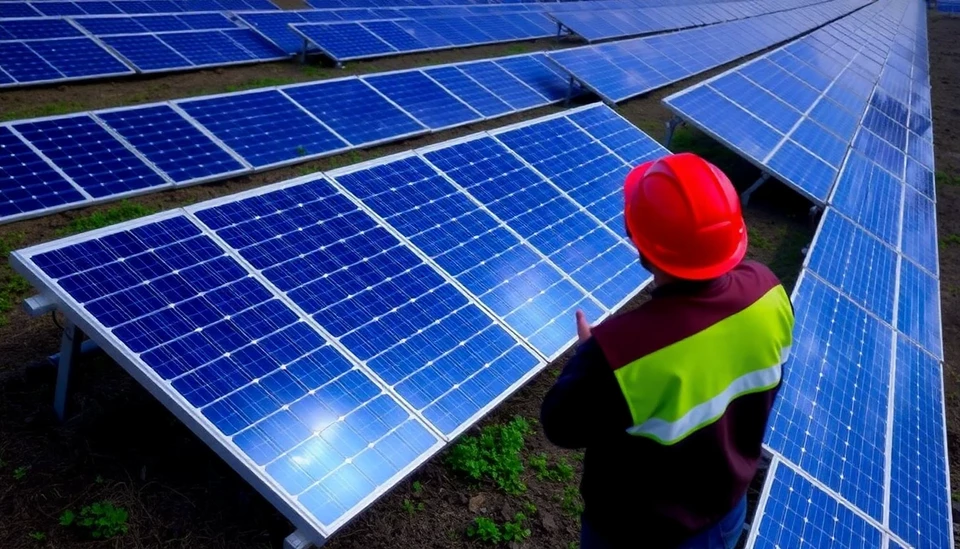
In a bold move that has sparked significant controversy, the team of former President Donald Trump unveiled a proposal aimed at dismantling the Office of Energy Efficiency and Renewable Energy (EERE), a key department focused on advancing clean energy technologies. This proposal is expected to cut billions from the federal budget dedicated to renewable energy initiatives, raising alarm bells among environmentalists and supporters of sustainable energy practices.
The EERE, established to promote the research, development, and deployment of energy efficiency and renewable energy technologies, has been instrumental in fostering innovation and reducing energy costs. Trump's team argues that the office's functions overlap with those of other energy bodies within the Department of Energy, suggesting a need for consolidation rather than expansion.
Key figures in Trump's camp have stated that this plan not only aims at budgetary savings but also aligns with promoting a more traditional energy framework that prioritizes fossil fuels over renewable energy sources. This shift mirrors attitudes expressed during his presidency, where advancements in clean energy were often met with skepticism.
Critics of the proposal are quick to highlight the potential downsides of such drastic cuts. Environmental advocates warn that dismantling the EERE could stall progress towards achieving sustainability goals and hamper efforts to combat climate change. They contend that the gains made in renewable energy advancements could be undermined by a return to an energy policy that prioritizes fossil fuel extraction and consumption.
The discussion around the future of renewable energy in America is further complicated by ongoing debates on infrastructure investments, technological innovation, and the global shift towards greener energy sources. Many fear that if the proposal is enacted, the U.S. might fall behind other nations that are aggressively pursuing clean energy technologies.
As the debate unfolds, both supporters and opponents are mobilizing to make their voices heard. Proponents of renewable energy are preparing for a major lobbying effort to safeguard the EERE and its contributions to energy innovation, while supporters of the proposal frame it as a necessary move for economic efficiency and national energy independence.
With significant implications for both the energy sector and the environment, the outcome of this proposal may well set the course for American energy policy for years to come.
In summary, the proposed cuts to clean energy initiatives by Trump’s team may signal a retreat from the progress made in developing renewable technologies, igniting a fierce debate about the direction of the country’s energy future.
#Trump #CleanEnergy #RenewableEnergy #EERE #FossilFuels #Sustainability #ClimateChange #EnergyPolicy
Author: Peter Collins




